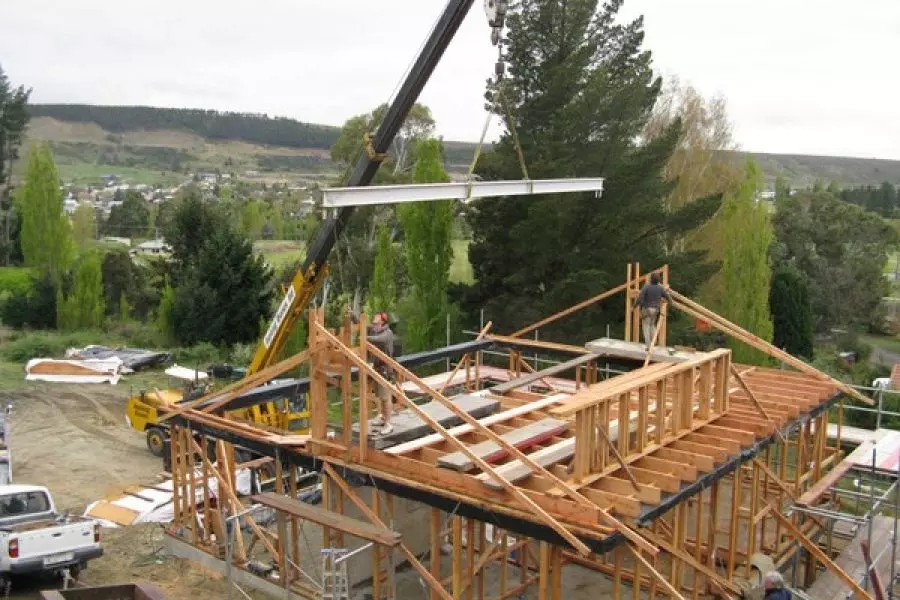News
Calls for RMA to be made priority

Monday 6th of October 2014
Nick Smith is taking over the portfolio.
Auckland property financier, James Kellow, of New Zealand Mortgages and Securities, says the Government has a great mandate to now deliver on what it promised during the campaign.
He says reforms to speed up the consenting process are long overdue and were stalled this year because of the election. “The minister must now prioritise...
Want to read the full article?
Click the button below to subscribe and will have unlimited access to full article and all other articles on the site.






![[The Wrap] Bye Bye Bayly](https://goodreturns.publit.io/file/c_fill,w_900,h_600/39f23ac1-f7c7-4854-b700-a150004ebbac.webp)


